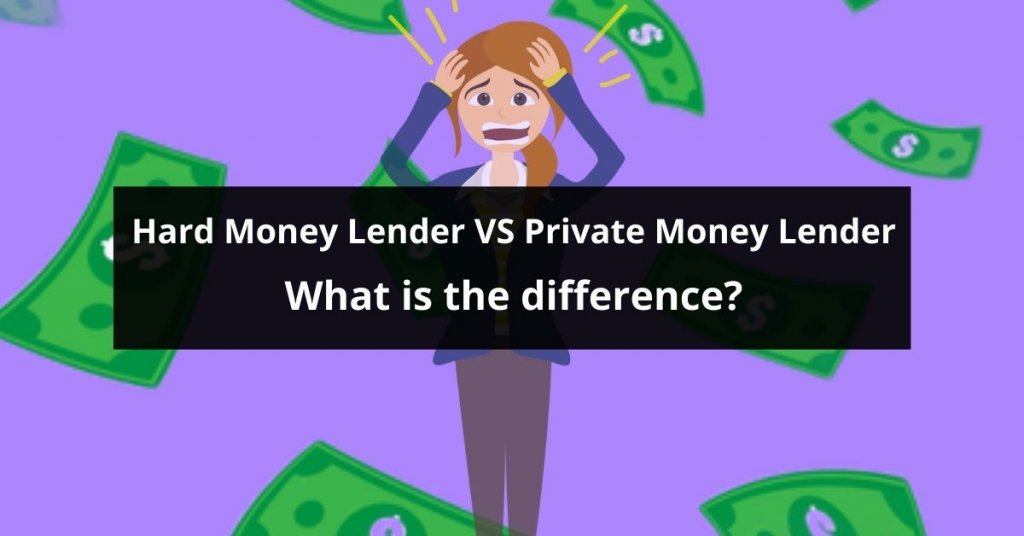Finally, you found the property you’ve been looking for and the owner is ready to sell, but you don’t have the cash on hand to buy it. That is when you probably came across both hard money lenders and private money lenders. Both can fund your investment property but each serves a different purpose and has unique risks.
In this post, you’ll learn the differences, similarities, and everything you need to make the right choice to fund your project.
What is the Difference Between Hard and Private Money Lenders?
Hard money lenders are companies that loan money to real estate investors to acquire investment properties based on the potential gain from the buying price and the selling price.
Private money lenders are companies or individuals that offer a loan based on their own criteria and it could be simply to help you get started in your career. Private money lenders can be a friend, a family member, or even someone who sees your project as a good investment vs. being a licensed company or organization.
What do Hard & Private Money Lenders Have in Common?
Both hard money lenders and private money lenders are similar in that there are no government restrictions in the USA (as of 2/10/2021).
In addition to that they both have benefits including:
- Speed: Unlike traditional bank loans, the process can take as little as a week or less since you don’t need to jump through as many hoops.
- Down payments: Generally, hard and private money lenders require bigger deposits, that’s why real estate investors should expect to pay larger down payments.
- Credit Score: Traditional lenders look at your credit score as an indicator of risk while a private or hard money lender will look at your investing history, other assets you own and your reputation as an investor before making a decision.
The Differences Between Hard & Private Money Lenders
Private and hard money lenders differ in the following ways:
- Criteria to get a loan: Hard money loans may be more difficult to obtain sometimes because not every project will be deemed solid and worth the investment. On the other hand, private loans can be more accessible depending on the property and the trust the lender has in your ability as a real estate investor.
- Loan structures: Hard money lenders expect to be paid back within 6 months to 1 years, as a result, the interest rates are higher compared to private money lenders who may offer longer loan terms that will allow them to collect interest payments over a greater period of time.
- Financial risks: Hard money lenders may require more collateral to cover their own bases, so if you default your chance of losing more assets is greater than private money lenders.
When choosing between a hard money and private money lender, think about how long you’ll want before you have to pay the money back in full, what your history looks like and how much of your own personal assets you’re willing to risk.
If you only have sweat equity, a private money lender is a better choice. If you know you can flip a property within a year and you don’t mind using your home or other properties in your portfolio as an asset, hard money lenders may be the right choice for you.

